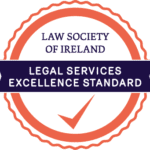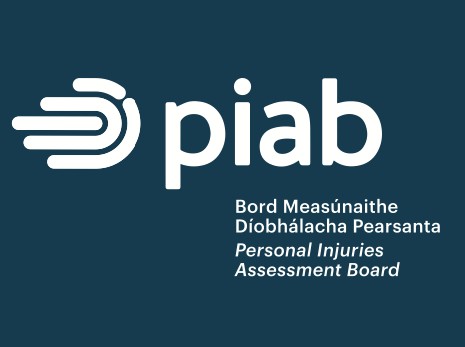The Court of Appeal has issued a significant ruling regarding the Personal Injuries Assessment Board (PIAB) and its obligations to provide reasons when assessing damages under personal injury guidelines. This clarification is expected to have enormous implications for personal injury claimants, as well as for PIAB itself.
The personal injury guidelines, designed to reduce awards for minor personal injuries, have been in effect since April 2021. Their impact since then has been notable, as new personal injury cases have decreased by over 40% in the past four years, with a €36 million reduction in awards in 2022 compared to 2021.
Challenge to Guidelines’ Constitutionality
A Supreme Court judgment is pending on a significant appeal challenging the constitutionality of these guidelines. This appeal arose from Bridget Delaney, who contested PIAB’s assessment of a €3,000 award for an ankle fracture, claiming it should have been assessed under previous rules for €12,000 to €21,000.
In a separate appeal, the Court of Appeal ruled on Tara Wolfe’s case, where she received an €11,000 general damages assessment for soft tissue injuries sustained when an oven allegedly fell on her in her workplace. The Court found that PIAB’s assessment did not provide sufficient information about how her lesser injuries were considered and applied an “uplift” to the damages for the back injury without clarity on the sum allocated for the lesser injuries.
Calculation of Assessment is Crucial
The Court emphasized that the calculation of the assessment is crucial for claimants, as it affects their decision to accept or reject the assessment and the potential legal costs they may incur if they choose to go to court. Claimants have the right to understand the basis of the general damages’ calculation without guesswork.
While the Court acknowledged PIAB’s right to rely on medical reports, it stated that it should not be necessary for PIAB to include extensive medical information in its assessments. However, it must provide claimants with sufficient information to understand how the assessment was reached.
This decision is expected to influence the ongoing review of the personal injury guidelines by the Personal Injuries Guidelines Committee of the Judicial Council, with the committee is expected to present its report and recommendations to the Judicial Council by next March.
*In contentious business, a solicitor may not calculate fees or other charges as a percentage or proportion of any award or settlement.*


